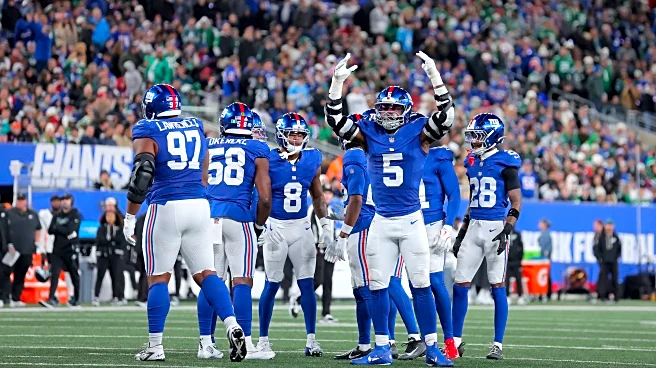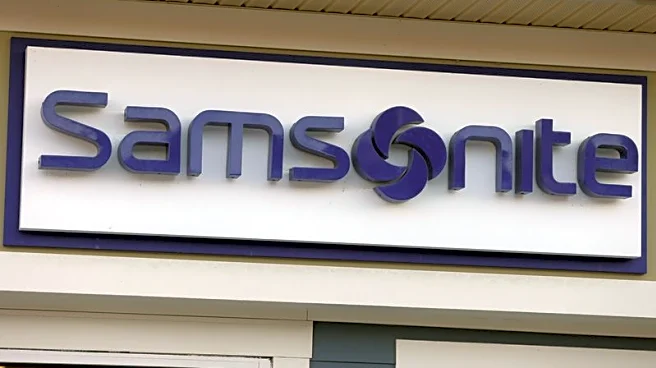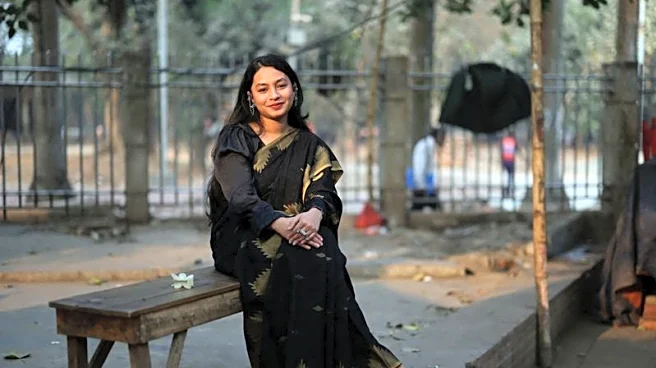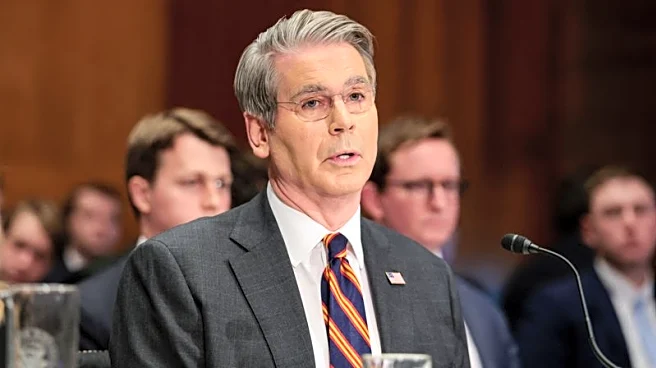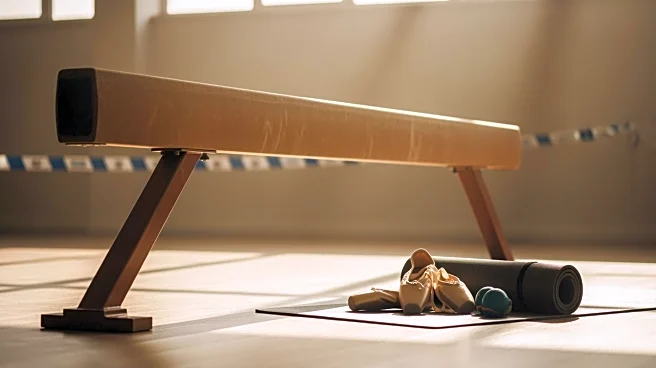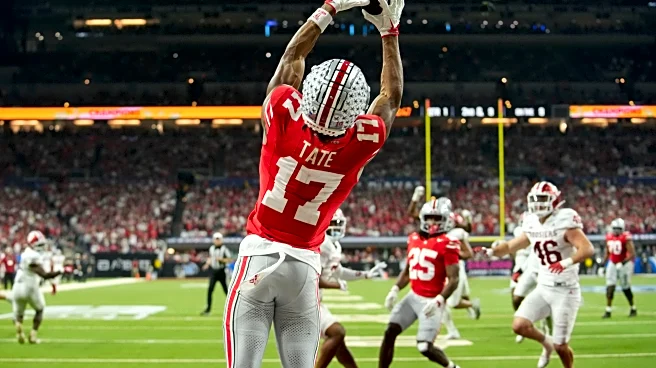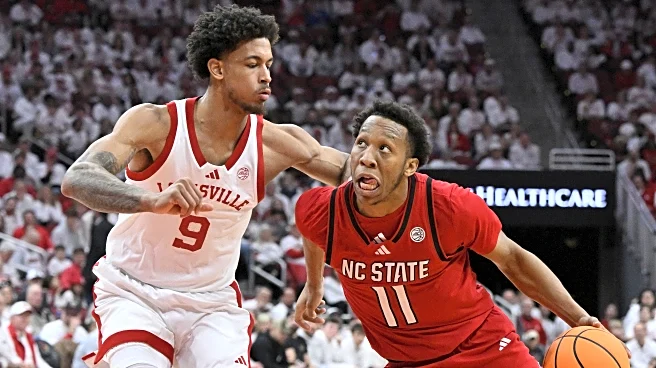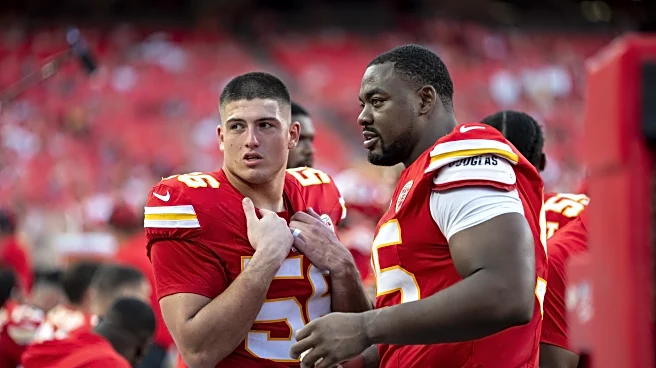The New York Giants will play the Philadelphia Eagles for the second time in three weeks on Sunday.
Week 8’s road game in Philadelphia has a ton of context for the Giants. First and foremost, the Giants are
coming off of a heart wrenching loss to the Denver Broncos. On one hand, the Giants’ offense scored five touchdowns against a defense that held the Eagles to 17 points and is arguably the best defense in the NFL. That’s obviously fantastic and something the Giants should be thrilled over.
On the other hand, however, the Giants’ defense allowed the Broncos to score 33 points in the fourth quarter and squandered a lead that has, historically, been insurmountable.
And now the Giants go on the road to face a division rival.
It’s generally considered difficult to beat a team twice. The Giants will attempt to do so while the previous game is fresh in their opponent’s mind, as well as overcome their own recent collapse.
What can we expect from the Giants’ defense in the rematch against the Eagles?
Who’s in, who’s out?
The two teams’ respective injury reports will likely have a profound impact on the game. The Giants’ 34-17 win over the Eagles in Week 6 was fantastic, but it’s worth remembering that the Eagles were without key linemen in guard Landon Dickerson and defensive lineman Jalen Carter.
Those two are among the Eagles’ best players and are definite difference makers in their respective units.
At the same time, the Giants came out of their loss to the Denver Broncos with more than just frustration. Cornerback Paulson Adebo and safety Jevon Holland both left the game against the Broncos with knee injuries, while edge Brian Burns suffered a hip injury.
Each of those players were key in the Giants suffocating the Eagles’ offense in Week 6, and their absence or limitation would really impact how the Giants are able to defend the Eagles.
I’ve previously detailed how the Giants stifled the Eagles’ offense, and I’ll refer you back to that for the details, but the Giants’ injury report could impact each of the tentpoles of the Giants’ defense from the first game.
Not having a healthy Burns would impact both the Giants’ run defense as well as the disciplined aggression of their pass rush.
Abdul Carter would be the starting edge across from Kayvon Thibodeaux and would likely create a target for the Eagles’ run game. Carter is incredibly athletic and an instinctive rusher, but he’s also inexperienced as an edge defender with less than two seasons at the position. Likewise, he doesn’t have the same level of play strength as Burns. Strength was a question on his scouting report, and even elite athletes need time to make significant strength gains as they get more advanced. Burns is 27 years old and has been in the NFL since 2019, yet he is only now adding a truly impactful power aspect to his game.
Attacking into the backfield is certainly an option — defense through sheer disruption can be effective — however the Giants were successful because of how they contained the Eagles’ offense. Attacking into the backfield every play creates too many opportunities for missed tackles and explosive runs against a team that has the likes of Saquon Barkley and Jalen Hurts in their backfield.
The flip side is that the Giants made great use of Carter and Burns’ athleticism in tandem to scheme pressures without creating avenues for escape. They also used both players as zone defenders to help sew confusion in the Eagles’ blocking scheme and muddy Hurts’ reads. Victor Dimukeje, who played his first game back vs. Denver after missing time with a pectoral injury, would be the third edge. Dimukeje only played 10 snaps against the Broncos and has primarily been a pass rush specialist in his career. He might be able to generate pressure against Hurts, but he’s a significant step down from Burns in pretty much every area of his game.
At the same time, not having a healthy Holland or Adebo could have a profound impact on the Giants secondary. Losing either one (or if either is particularly limited) would be significant, though the Giants could adapt.
The Giants love to run nickel and dime packages based on down and distance. Being without Adebo would bring Deonte Banks onto the field as the starting outside corner. Banks excels at forcing tight window throws out of press-man coverage. However, the Giants’ game plan in Week 6 revolved around basing their coverage in zone concepts, and Banks tends to struggle with those. Man coverage creates opportunities for schemed traffic to generate separation as well as takes eyes out of the backfield. Hurts’ legs and the quarterback run game is a key part of the Eagles’ offense, and zone coverage allows the secondary to rally to the ball.
Being without Holland would take away the Giants’ rangiest safety. Holland is the most natural single-high safety on the Giants’ roster, and his range helps enable their post-snap coverage rotations. Dane Belton is a heat-seeking missile of a safety, but he’s much more effective playing downhill than in deep coverage zones.
If the Giants have Adebo available, they might be able to use Dru Phillips as more of a safety in nickel situations. Cor’Dale Flott is playing very well outside, but moving Flott to the slot and using Phillips as a safety (with Banks outside) might be a better solution than Beau Brade in passing situations.
Being without both Adebo and Holland would be a significant blow and change how the Giants are able to play defense.
On the flip side, Eagles’ lineman Landon Dickerson is back in the lineup and he certainly makes a difference in their offense. His presence helps to solidify their offensive interior, as well as enable a more varied running game. They used a bunch of different concepts against the Vikings, from toss and outside zone concepts, to pin-and-pull or inside zone runs, to straight-ahead power concepts.
We’ll be watching the injury report closely.
To contain or rush?
The storyline coming out of the Giants’ win over the Eagles and loss to the Broncos has been the performance of the defense. The Giants were successful against Philadelphia due to their plan to largely contain the Eagles’ offense and exert disciplined pressure in opportune moments. That largely frustrated the Eagles’ offense and diverted much of their passing game to tight end Dallas Goedert, and while he had a big game the damage was limited.
Against the Broncos, the Giants used a more varied defensive scheme with more exotic alignments that shut out the Broncos until the end of the game. Unfortunately, they were able to exploit the defensive schemes designed to contain the offense due to mistakes, injury, and fatigue. The Giants have been under fire since Sunday due to their decision to drop 8 into coverage and not rush Bo Nix.
The Eagles finally remembered that they have two Pro Bowl caliber receivers on their offense against the Minnesota Vikings, and used them to great effect.
Jalen Hurts attempted 23 passes against the Vikings, and while he was sacked 3 times, he completed 19 passes for 326 yards and 3 touchdowns. DeVonta Smith had a 79-yard catch-and-run for a touchdown, while A.J. Brown had touchdown catches of 37 and 26 yards, and a long reception of 45 yards.
In watching the tape of that game, it appeared as though the Vikings did not go to school on the defenses played by the Denver Broncos and New York Giants.
As mentioned above, both the Broncos and Giants erred on the side of containment, going against their man coverage tendencies against the Eagles’ offense. The Vikings, meanwhile, remained aggressive on defense and blitzed relatively frequently.
They primarily used a 4-3 Over defense, frequently walking linebackers up to show (or call) a double A-gap blitz. The front alignment allowed for relatively easy blocks for the Eagles’ offensive line, as well as making inside play-action more effective. At the same time, the Vikings’ more aggressive coverages and blitz schemes created opportunities for the Eagles’ receivers to get behind the defense.
The Giants’ injury situation will obviously play a role in their game plan this week. Likewise, we don’t know exactly what adjustments the Eagles will make in response to last Thursday’s game. If the Giants are healthy enough, they should still be able to match up well-enough to slow down Philadelphia’s offense.
The question is how effective the Eagles’ adjustments are, what adjustments the Giants make, and how they react (or over-react) to the loss in Denver.
Complementary football
The Giants are going to need to play a complete game to come out of Philly with a win.
Saquon Barkley has been very quiet so far this year. He had just 58 yards rushing back in Week 6 (the Eagles had 73 total), and 44 rushing yards last week against the Vikings (the Eagles had 45 total yards on the ground).
However, both Barkley and Hurts are always a threat to rack up yards on the ground, so the Giants can’t afford to just assume that they’ll continue to be unproductive.
That’s doubly true due to how the game in Denver unfolded. While the “drop 8” play now lives in infamy, things started to unravel for the Giants when the Broncos began to lean into the run game late in the third quarter. They didn’t score until the fourth quarter, but they began to pick up chunk yardage as they repeatedly handed off to J.K. Dobbins.
It was pretty clear that the Giants’ defense was gassed by the end of the fourth quarter thanks to the Broncos’ long drives, the Giants’ own quick drives, and the thin air in Denver.
While weird things tend to happen when the Giants go to Lincoln Financial Field, at the very least there’s a reasonable amount of oxygen.
That said, the Giants will need to stop (or at least slow down) the Eagles running game to both keep their defense from getting too fatigued, as well as create opportunities for their pass rush to impact Hurts.
The Eagles will, almost certainly, look for ways to get Barkley involved — likely in space — to capitalize on the threat of Brown and Smith after last week. The Giants don’t have enough speed in the Back 7 of their defense to deal with Barkley if he gets loose, and they can’t allow him to take over the game.
The flip side of the coin is that the Giants will need Jaxson Dart to string together long and efficient drives to control the clock and put points on the board. The offense needs to give the defense a chance to rest, as well as give them a lead (or at least close game) to protect, in order to prevent the Eagles from leaning too far into their run game.
Nick is previewing the Giants’ offense and Eagles’ defense this week, so I’ll leave the rest to him. However this is very much a case of a good offense making for a strong defense.
